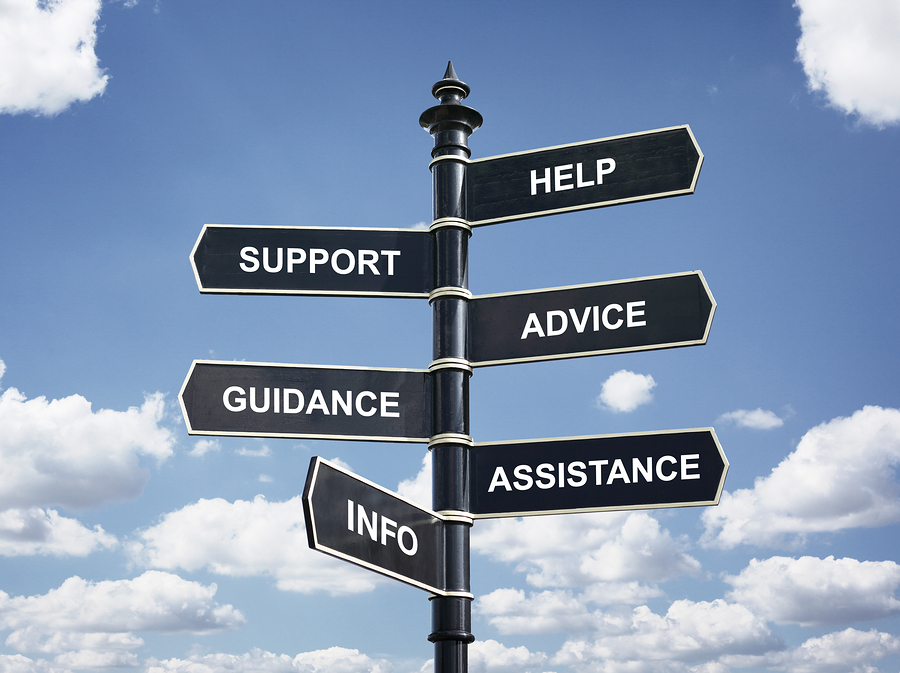I’m seldom at a loss for words (though often at a loss for something of value to say), but the question took me aback for a moment. I was on an agents-and-editors panel at a writers’ conference within a few months of becoming an agent. I’d done this sort of panel before, both as a magazine editor and author, but this was the first time I’d been asked this particular question:
“How do you read a book proposal?”
I don’t recall if anyone else answered first, or if my awkward silence was noticed by anyone else. But I only then realized that I read almost every book proposal in the same way.
I start with the “hook,” whether it is labeled as such or not. The first words of a proposal are immensely important to me, as they reveal the writer’s knack for concision, forcefulness, drama, and grasp of his or her core message.
But I do not read chronologically from there. In both fiction and nonfiction proposals, I turn next to the “marketing” (or platform) section of the proposal. This is because (as I wrote on this blog soon after I became an agent), “Like every publisher and editor I know, I am looking for people who are already having an impact. They are writing blog posts that a lot of people read, share, and subscribe to. They are connecting and engaging with large numbers of people on social media. They are speaking at events large and small, far and wide. They are not waiting for readers, listeners, and followers to come to them, they are already engaging with people about their genre and topic.”
Next, I turn to the first page of the sample chapters. Even if the hook and the marketing section mostly discourage me from considering the writer as a potential client, there is still a chance that the concept and writing may be magnificent, that it will be impossible for me to stop reading until I’ve read all the way through the samples. If that is the case, I may be able to help the writer improve on the rest of the proposal. If it’s not, there is little I can do for him or her.
I always read those parts of a proposal, but to be honest (not that I’ve been lying up until now), I often stop reading if all three of those components—the hook, the “marketing” section, and the first page or two—don’t grab me, excite me, and fill me with hope. If they mostly do, then I will return to page one of the proposal and read it through, mainly to double-check my evaluation. But if they don’t, I don’t read any further.
Does that seem unfair? Perhaps. But I am not the only “unfair” agent (or editor) out there. And other agents—even my peers (oh, okay, my betters) within the agency—have thoroughly different processes. But most of us have puhlenty of reading to do, and the competition is fierce. So if it’s helpful to know how this agent reads, maybe it will help really good writers create great proposals. Those are the ones I most want to see.



 Good and Bad Advice on The Writing Life
Good and Bad Advice on The Writing Life

It’s no more unfair, Bob, than me pulling a book off the shelf (or clicking the “look inside” link), reading the back cover, the author bio and the first page. If I’m underwhelmed, I don’t buy.
Limited resources–time and money. I can’t (and don’t want to) read them all.
That puts it in perspective!
Great post, Bob, and great comment, Shirlee!
True story. You’re absolutely right.
Ah, a peek behind the curtain. Thanks for sharing your process. With all those proposals coming in, it makes sense.
I’d reply to your comment at greater length, Rebekah, but I’ve got all those proposals coming in….
Of Kipling’s honest serving-men,
these two stand to the fore;
like Cerberus and Fenris Ulf
they guard the agent’s door.
The writer must be angler-compleat,
ventured far from certainty’s shore
on platform How to give reader-fish
the Why that hooks them to the core.
So Bob must sift through dreck and dreg
and better stuff, a literary truffle-boar
to find that staunch seaworthy craft
that makes him ask for more.
It’s clear enough, agent’s job’s no easy
life of beer, skittles, and “Writer, please me!”
Geez Louise, Andrew. You’re hired. Just don’t know for what. Yet.
Bob, perhaps I could help lasso new blog followers and potential clients as your Poet Lariat?
Classic, Andrew!
Great!
Thanks, Claire! 🙂
At the risk of receiving the “It depends” answer, I’m going to go ahead and ask.
What would you consider a strong enough platform to represent an author seeking to publish nonfiction? Would that author need 50 blog subscribers? 500? 5,000?
Asking for a friend, of course. 🙂
Well, it depends. (Sorry, had to say that). But it’s the truth. If you want a number, how does 10,000 sound? But the reason agents and editors say “it depends” is that all numbers are not equal. For example, having 100,000 Twitter followers is great, but not if many of those look like they are shadow accounts or purchased followers. An email list of 10,000 is awesome, but if you tell me you have an email list of 2000 with a monthly open rate of 25%, that might be even better. Or if you speak to 5000 people a year that might be more persuasive to an agent or editor than if you have 5000 Instagram followers. It’s not just raw numbers, and it’s not just social media. It’s network. It’s connection. It’s relationship. It’s how many people are in your circle of influence. And many agents and editors just want to know you GET IT, that your influence is GROWING, that you’re not “whining” and “woe is me-ing” about those mean demanding publishing people but you’re learning and developing and marketing yourself and your message NOW instead of waiting for a magic pill from a commercial publisher. If you want only the shorthand, I’ll say, 5000 minimum. But so much more goes into it than that.
So numbers are important, but relationship and influence are vital.
Thank you for the lengthy reply. I appreciate your time.
Thanks for the insight. Anything thing that sheds light on the “magic” that attracts agents is always appreciated. And your method doesn’t seem unfair. Those are just the parameters writers need to work within in order to satisfy the needs of agents who are working within the parameters of “they only have so much time in a day.”
It’s not magic, Lori. It’s voodoo.
Yes, it’s great to know what an agent is thinking. Thank you.
Thanks for the insight, Bob. It reminds me of the GRE exams that we take to get into graduate school. Our well-thought-out, slaved-over essays receive 13 seconds (yes, you read that correctly) of the examiner’s time. Based on that judgment, we either do well on the verbal section or we will find ourselves re-taking the exam at a later date (if we still want to get into graduate school). It’s nice to know the odds of our making it in the publishing world. Thanks for the tips.
I think I t would be fun to look over your shoulder and see what makes you take a second look. You’ve pretty much spelled it out, but I’m sure there are those extra little things that make you snap to attention. I do that in ordinary reading, re-reading what has an extra zing to it.
I’ve heard that agents and editors read the hook and toss it if the proposal doesn’t grab them. Now I have an even closer idea of what goes on behind the scenes. Interesting.
Bob,
Experience indicates I write good hooks and good books, but my platform is closer to 0 than 5000, and that fact has been a big roadblock between me and at least one agent who said she’d like to represent me–IF. You are highly motivating, however, so I started researching to learn who has 5000 social media followers and how they got them. Wow–bazillions of movie stars, musicians, and retailer have MILLIONS of followers just on Instagram! But it didn’t take long to encounter this discouraging bit of news in an article entitled “The Follower Factory”:
https://www.nytimes.com/interactive/2018/01/27/technology/social-media-bots.html. When you start reading an author’s proposal, how do you tell if that prospective client has 5K-10K REAL followers or 150 real followers and 4850 bots ?
I wish I could attach a picture of an agent’s desk. It puts it all into instant perspective.
Social media is a lot more tricky, along with other forms of marketing.
When on social media I comment on Christianity, on politics, and writing. I do all because I want my readers to know where I stand. I can do a wee bit of evangelizing there without being physically slapped. I can then write my Christian romance without the preaching.
Last paragraph….the word plenty I believe is misspelled. Other than that…thanks..great ideas!! I am blessed to have found this site.